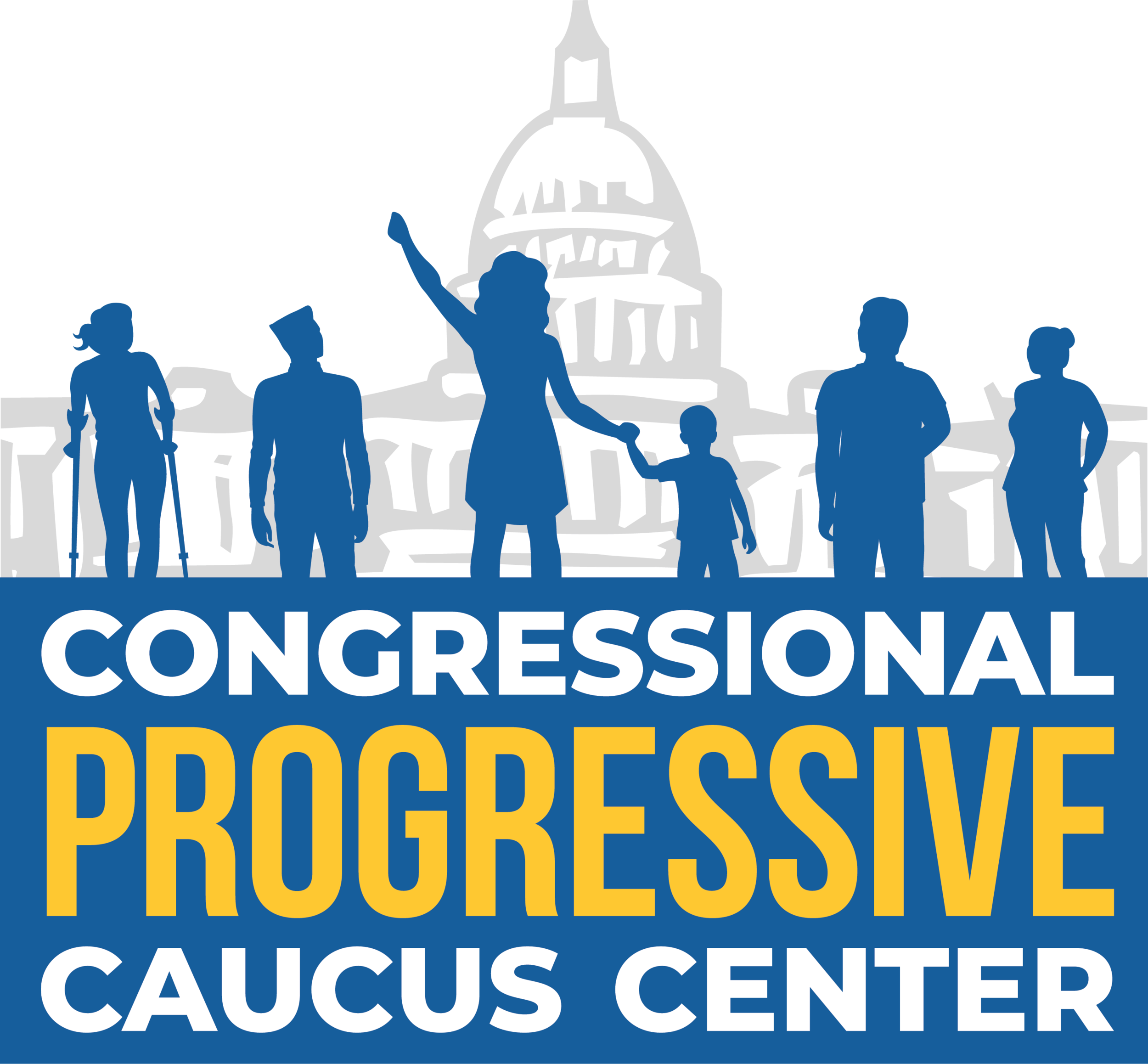October 25, 2023: What Speaker Johnson’s Election Means for the Looming Shutdown
Today, 22 days after Rep. Kevin McCarthy’s removal, House Republicans elected Rep. Mike Johnson (LA-04) as Speaker of the House. Speaker Johnson’s ascent has far-reaching implications for every issue Congress faces, including the potential government shutdown on November 17. Here’s what you need to know.
Speaker Johnson’s goals for FY2024 spending bills…
On Monday, Johnson outlined his “ambitious” schedule for passing the eight remaining FY2024 appropriations bills through the House. It skips committee approval for the Labor-HHS-Education (Labor-HHS) and Commerce-Justice-Science (CJS) bills—a departure from the “regular order” McCarthy opponents said they wanted. Johnson suggests that the House consider:
the Energy and Water bill this week;
the Legislative Branch, Interior-Environment, and Transportation-HUD bills next week;
the Financial Services-General Government and CJS bills the week of November 6; and
the Labor-HHS and Agriculture bills the week of November 13.
His agenda does not mention the White House’s supplemental request for $106 billion in foreign military aid, border funding, and humanitarian relief, nor the anticipated $50 billion domestic request. Johnson’s timeline above is not realistic given the hurdles Republicans have faced while moving even the least controversial spending bills.
…and another CR.
Johnson’s pitch recognizes Congress will likely need another continuing resolution (CR) to avoid a shutdown on November 17. He suggests “a measure that expires on January 15 or April 15 (based on what can obtain Conference consensus), to ensure the Senate cannot jam the House with a Christmas omnibus.” Ironically, this kind of stopgap prompted McCarthy’s ouster less than a month ago. However, reporting suggests McCarthy's antagonists and anti-CR types may give Johnson a grace period to get acclimated to his new role and let a CR pass to avoid a shutdown in his first month on the job. That CR’s expiration date is significant: this summer’s debt ceiling deal forces 1 percent cuts to defense and nondefense discretionary spending caps if a CR is in place on January 1. If a CR goes through April 30, that funding is formally sequestered. The threat of these automatic cuts could compel Congress to pass full-year spending bills. Whether that strategy will work—given Congress’ long history of setting up cliffs and later falling over or delaying them—remains to be seen.
What does this mean for the White House and Senate?
Again, President Biden just asked Congress for a $106 billion supplemental and has a $50 billion domestic request on the way. The White House will presumably spend the coming days getting to know the new Speaker’s team and making the case for its requests. The Senate, meanwhile, appears poised to pass a three-bill spending package this week. The chamber is also plotting next steps for the first supplemental, which Secretaries Blinken and Austin will discuss with the Senate Appropriations Committee next week. Some Senate Republicans want changes around border policy, Ukraine assistance, and humanitarian aid to Palestinians in Gaza. But regardless of what’s in the final Senate bill, should one pass, it may face an uphill battle in the House. Again, the supplemental doesn’t currently appear on Speaker Johnson’s proposed floor schedule. While House Republicans support aid to Israel, some may echo GOP senators’ above concerns—particularly around more Ukraine aid, which Speaker Johnson voted against just last month.
The CPC Center will continue sharing updates on the looming shutdown on an ad hoc basis.

